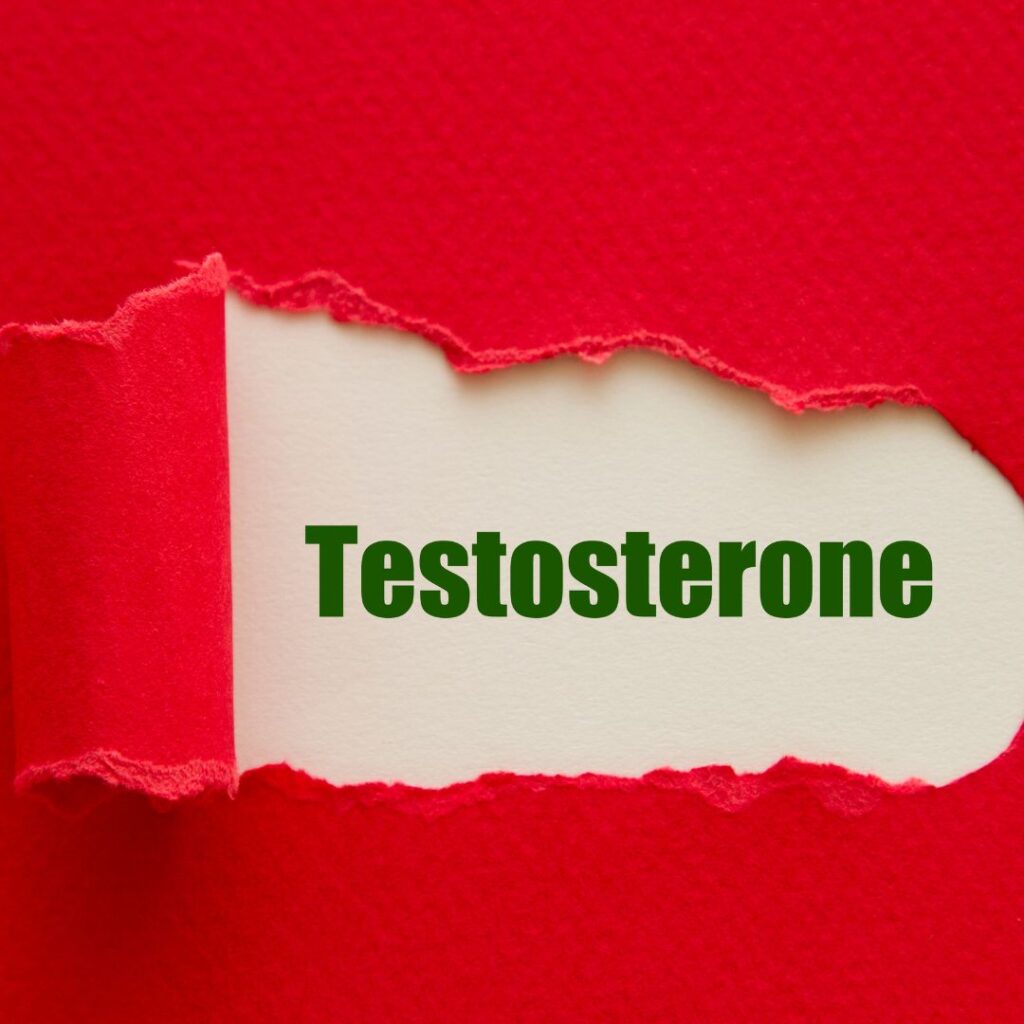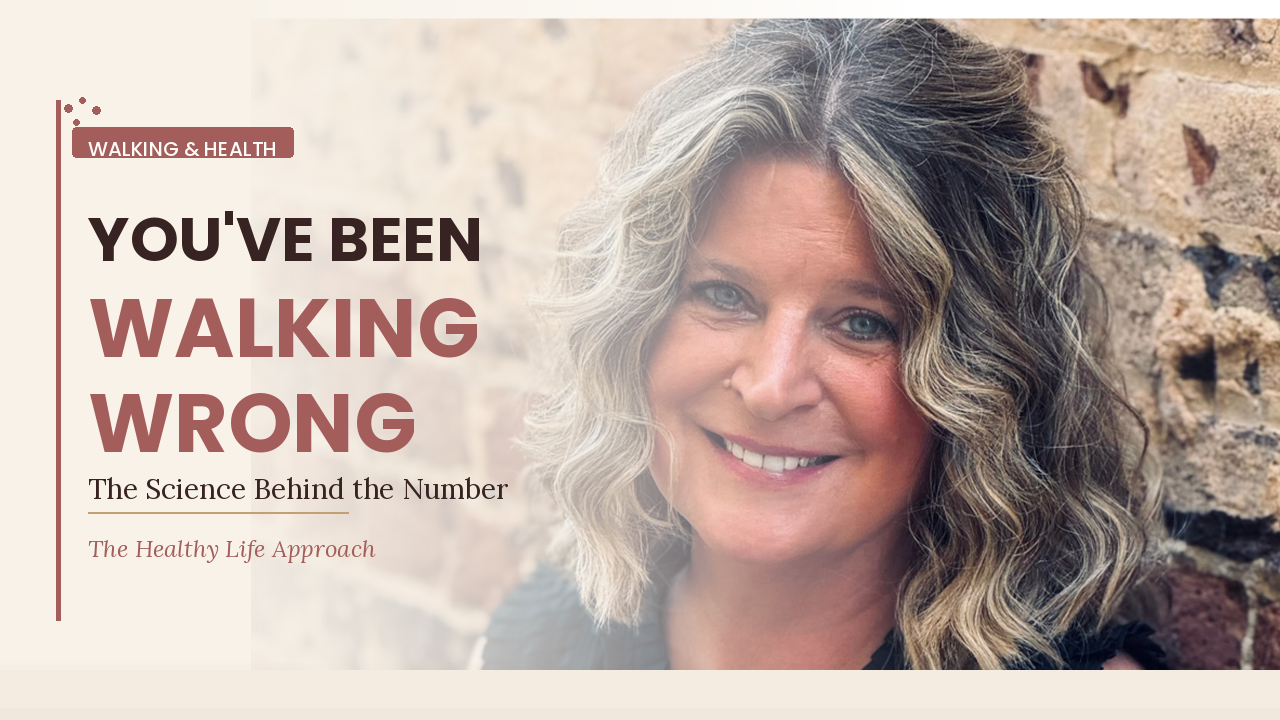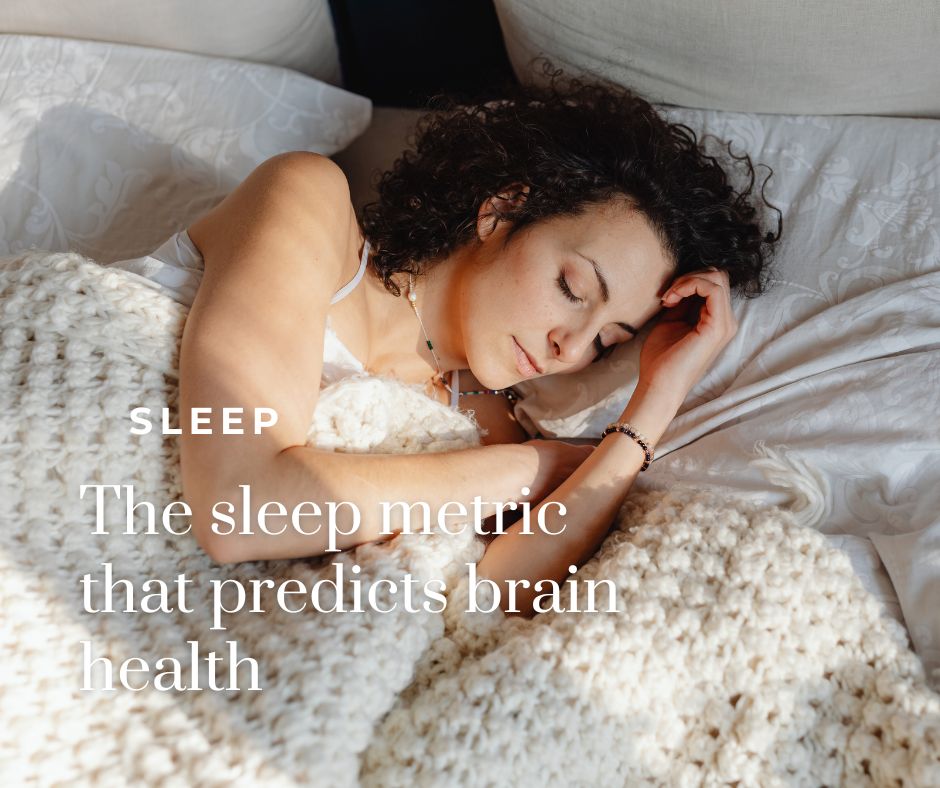
By: Kristen J. Beasley
Testosterone and testosterone replacement therapy are mistakenly considered just for men, although this hormone is in both genders. Women produce this hormone in both the adrenal glands and ovaries. Testosterone plays several essential roles in women’s health, including:
- Improving energy levels to keep you moving throughout the day
- Maintaining bone density, reducing the risk of fractures
- Supporting muscle mass for strength and vitality
- Contributing to cognitive function, keeping your mind sharp
- Influencing mood, helping you stay positive and motivated (as Dr. Kelly Casperson notes – ‘libido is a mood!’)
- Affecting sexual function and libido, including libido and sexual function
FDA Recognized Use for Testosterone and Personal Experience
However, the only FDA-recognized use of testosterone replacement therapy (TRT) in women is for hyposexual desire disorder (HSDD). When I added this hormone to my hormone replacement protocol, I noticed improvements in brain fog and mood. I felt I had more energy, which positively impacted my ability to get through a workout in the gym.
For me personally, adding testosterone to my hormone replacement protocol was life-changing. It helped clear my brain fog, lifted my mood, and gave me the energy to power through workouts. But when my doctor changed my formulation, I quickly noticed the loss of these benefits. Switching back to the original formulation restored the improvements I loved so much.
My hormone replacement journey started after a hysterectomy left me with one ovary. For years, I experienced debilitating symptoms such as joint pain, a frozen shoulder, bleeding gums, low motivation, and a lack of mental clarity. It wasn’t until I found the right doctor – after seeing at least five others – that I finally received hormone replacement therapy (HRT), including testosterone, estradiol, and progesterone.
I believe this delay can largely be attributed to widespread misunderstandings stemming from the Women’s Health Initiative (WHI) study of 2002. If you’re curious about the flaws in that study, I highly recommend reading Estrogen Matters, The Menopause Moment, and The New Menopause.
A Brain Hormone
Did you know that testosterone is often called a “brain hormone”? Dr. Kelly Casperson, author of You Are Not Broken, highlights how this hormone supports cognitive function, and I couldn’t agree more. Testosterone helps regulate mood, decision-making, memory, and even emotional resilience. Dr. Kelly Casperson discusses the benefits of testosterone for women in menopause on her podcast and Instagram. One of my favorite quotes from her: Testosterone is a brain hormone, and we must support women in their individual choices to help them live their best life with the best quality of life safely with the data we do have.
Historical Exclusion of Women from Clinical Drug Trials
Historically, the exclusion of women from clinical trials was due to concerns about drug-related incidents, particularly the thalidomide tragedy, which resulted in severe congenital disabilities. In 1977, the FDA recommended excluding most women of childbearing potential from studies to protect vulnerable populations and mitigate risks associated with drug testing. However, this exclusion led to a significant lack of data on how drugs affect women. This gap resulted in protests and changes in policy regarding women’s inclusion in research.
Thankfully, that began changing with the NIH Revitalization Act of 1993, which mandated the inclusion of women in clinical trials. While progress is being made, there’s still a long way to go. For example, there’s currently limited research on how exogenous testosterone specifically impacts women’s cognitive, cardiovascular, and musculoskeletal health. This knowledge gap underscores an urgent need for further studies.
More Clinical Research Needed for Exogenous Testosterone
From the PubMed article titled Testosterone in women–the clinical significance: Despite the crucial role of testosterone and the high circulating concentrations of this hormone relative to oestradiol in women, studies of its action and the effects of testosterone deficiency and replacement in women are scarce. Clinical trials suggest that exogenous testosterone enhances cognitive performance and improves musculoskeletal health in postmenopausal women. Unmet needs include the availability of approved testosterone formulations for women and studies to elucidate the contribution of testosterone to cardiovascular, cognitive, and musculoskeletal health and the risk of cancer.
Testosterone in Females
Testosterone peaks in a woman’s 20s and then steadily declines. Women make 1/10th to 1/20th the amount of testosterone as a man does. Concentrations of testosterone in the human female brain during the reproductive years are several times greater than oestradiol concentrations (Testosterone in Women—the Clinical Significance).
By the time a woman reaches menopause, her testosterone levels are about a quarter of those at the peak (https://www.menopause.org.au/health-info/resources/testosterone-and-women). Yet its health impact—on bones, muscles, brain function, and sexual health—remains vital to a woman’s overall well-being. Emerging research shows its potential to support healthy aging and better quality of life for women.
Cognitive Benefits of Testosterone
Studies show that sex hormones and their metabolites influence brain areas that regulate mood, behavior, and cognitive abilities (Steroid Hormones and Their Action in Women’s Brains: The Importance of Hormonal Balance). Emerging research suggests testosterone offers neuroprotective effects that may help ward off age-related cognitive decline. Therefore, its ability to reduce inflammation and oxidative damage in the brain is especially promising for conditions like Alzheimer’s and Parkinson’s disease.
Hormonal imbalances—especially during menopause and perimenopause—often bring symptoms like brain fog, poor concentration, and memory lapses. Declining testosterone levels can exacerbate these challenges, as lower androgens may lead to poorer brain energy metabolism and limited neurotransmitter activity. Therefore, having an informed discussion with your licensed healthcare practitioner about testosterone replacement therapy might be warranted.
Specific Effects on Women’s Thinking Abilities
Research has shown that testosterone and exogenous testosterone replacement therapy can have particular effects on women’s cognitive abilities:
- It can improve verbal learning and memory in women who have gone through menopause.
- Multiple studies consistently show that testosterone helps postmenopausal women with their verbal memory.
“Testosterone’s effects on the brain extend far beyond memory; they include improved decision-making, emotion regulation, and overall cognitive performance,” explains a recent review on hormonal brain health (Frontiers in Public Health).
How to Find Out Your Testosterone Levels
Suppose you’re intrigued about how testosterone could impact your brain health. In that case, the best place to start is with a trusted, licensed healthcare provider. Consider testing your hormone levels (especially if you’re experiencing imbalance symptoms) and discussing whether testosterone supplementation might fit into your overall wellness plan. Although Function Health (this is a paid referral link) currently does not test progesterone levels, they offer a hormone panel for both men and women (see complete list of tests here).
Function is a lifelong health platform costing just $42 per month. Twice a year, it provides an all-in-one set of over 100 advanced lab tests—including those for heart, hormones, thyroid, liver, kidneys, autoimmune markers, cancer signals, toxins, heavy metals, and more—available at 2,000 locations across the U.S. The Function app then tracks your results over time, delivering personalized insights from top doctors and action items to improve your health. Each round of testing also includes a full written clinician summary. I use Function Health and love it!
Conclusion
In conclusion, testosterone plays a complex role in women’s brain health and cognitive abilities. It protects brain cells, enhances memory (especially verbal memory), and interacts with other hormones and genetic factors. However, its effects can vary depending on a woman’s age, genes, and other factors. Remember, while testosterone shows promise for brain health, it’s crucial to consult with a licensed healthcare provider before considering any hormone therapy. They can help weigh the potential benefits against any risks based on your health profile.
Interested in Learning More?
I have other blog posts regarding progesterone replacement therapy, estrogen replacement therapy, and debunking common myths about hormone replacement. Click on these links to learn more!
Join the Movement
Stay informed, get inspired, and connect with a like-minded community of women passionate about brain and hormone health. Subscribe to our newsletter below and explore how you can elevate your mind and life. Together, we’ve got this!
Medical and Affiliate Disclaimer
I am not a licensed medical professional, and the information I’ve shared in this blog post is for general informational purposes only. The content of this blog post is not intended to substitute for professional medical advice, diagnosis, or treatment. Always seek the advice of your physician or other qualified health provider with any questions you may have regarding a medical condition.
This blog post may contain affiliate links. If you click on these links and make a purchase, I may receive a commission at no additional cost. As an Amazon Associate, I earn from qualifying purchases.





